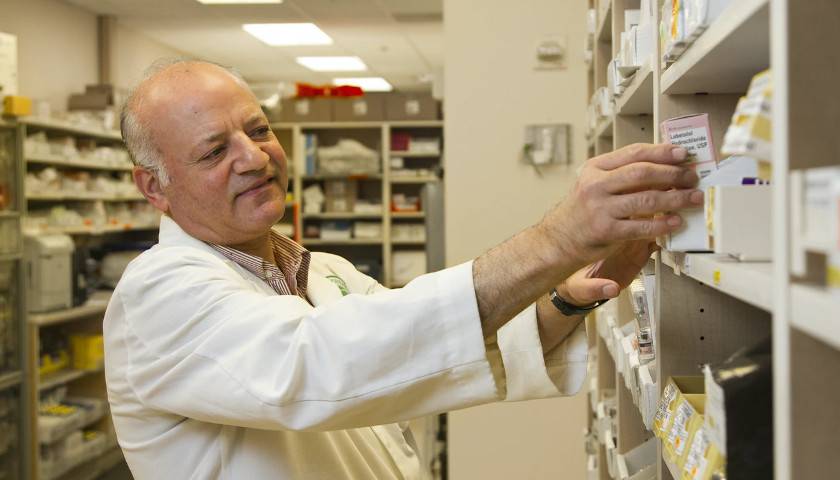by Emily Wiatr
In Tennessee, the battle to protect pharmacy benefits is not merely a matter of policy, but a battle to protect our country from unnecessary government overreach by the extreme Left. I am deeply troubled by recent attempts at the federal level that target pharmacy benefits and our free market – all in one swoop.
People across our state are already experiencing immense financial strain as they grapple with the soaring costs of inflation and prescriptions, and we need to advocate for policies that will effectively lower these prices through free market competition.
Pharmacy benefit companies champion patients and employers by working day in and day out to drive down costs of prescription drugs. They do this by negotiating with Big Pharma companies to secure bigger savings that are then passed along to patients at the pharmacy counter. They also provide critical flexibility for health plan sponsors like small businesses who need a range of choices when it comes to designing their prescription drug benefit. This allows employers to offer coverage that works best for their business and employees.
Analysis shows that pharmacy benefit companies help employers save an average of $878 per person each year, which can make a significant difference for individuals and families working hard to make ends meet. Recent efforts to expand the federal government’s power in our health care system by undermining pharmacy benefit managers (PBMs) would threaten these savings for Tennessee employers and patients and hand a massive reward to Big Pharma.
Big Pharma’s dominance in the pharmaceutical industry has escalated drug prices through anti-competitive tactics, allowing the big drug companies to set the price of medications sky high without any accountability. Pharmacy benefit companies provide much-needed healthy competition, serving as a crucial counterbalance to Big Pharma’s monopolistic grip on drugs. Pharmacy benefit companies help ensure that individuals can access their essential medications without facing insurmountable financial barriers.
However, the efficacy of pharmacy benefit companies in securing patient savings is threatened by current federal legislation, such as “delinking” policies. Research suggests that market-driven incentives for pharmacy benefit companies to secure larger rebates helps drive down costs for patients significantly. By “delinking” these incentives for pharmacy benefit companies, we’re expected to see an annual increase of $26.6 billion in health care premiums for commercial plans, or those getting coverage from employer-sponsored insurance. Big Pharma companies, meanwhile, would see staggering profit increases of nearly $22 billion.
Such policies would negatively impact the accessibility and affordability of essential medications for countless Tennesseans, further straining hardworking business owners from being able to offer competitive, quality and affordable benefits to their employees and families.
The fact that Congress declined to incorporate legislation directly affecting our pharmacy benefits in the latest spending package provides us with some relief. Yet, with Big Pharma’s lobby machine continuing to push these measures, we’re likely to see persistent proposals in the near future. What we truly need is to tackle the core issue behind this crisis: Big Pharma’s anti-competitive practices, which allow them to establish exorbitant prices without restraint.
Fostering a competitive and open free market is essential to promoting affordability and accessibility. Legislators must prioritize policies that promote competition within the pharmaceutical supply chain and curtail unnecessary government intervention that stifles the free market.
– – –
Emily Wiatr is a political activist and campaign professional in Knoxville, TN.




